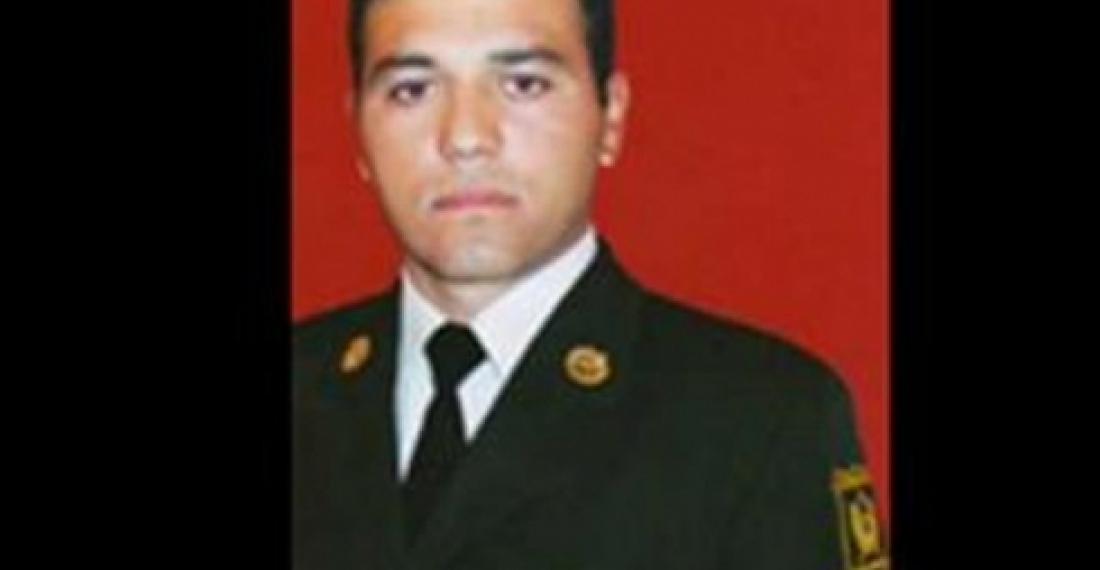Карабахский конфликт унес жизнь еще одного молодого человека. По сообщениям источников среди азербайджанских военных, Эшгин Гулиев, проходивший службу в азербайджанской армии, был убит снайперским огнем ранее сегодня.
Усилия дипломатов Минского процесса ОБСЕ, которые выступают посредниками в разрешении конфликта, уже не спасут Эшгина Гулиева, так же как и всех тех, главным образом, молодых армян и азербайджанцев, которые были убиты в последние недели из-за непрерывных нарушений режима прекращения огня. Инцидент произошел сразу, как только дипломаты Минской группы покинули регион после их очередного визита на этой неделе в Армению и Азербайджан. В заявлении, опубликованном ими вчера уверенно говорится, что в ходе встреч, которые состоялись в Баку и Ереване "стороны заявили о своем намерении укрепить соблюдение режима прекращения огня и избежать дальнейшей эскалации, особенно в свете предстоящих Олимпийских игр в Сочи".
Без сомнения, конфликт унесет еще ни одну жертву по обе стороны пока продолжаются переговоры. В вчерашнем заявлении Минской группы говорится, что сопредседатели процесса продолжат консультации со сторонами в ближайшие недели, в рамках подготовки к встречи на высшем уровне.
Между тем еще одна семья скорбит о смерти своего сына.
Источник: commonspace.eu по материалам агентств
Фото: Эшгин Гулиев, погибший 7 февраля 2013 года на линии соприкосновения, разделяющей армянские и азербайджанские силы. Фото предоставлено Министерством обороны Азербайджана и агентством АПА.






